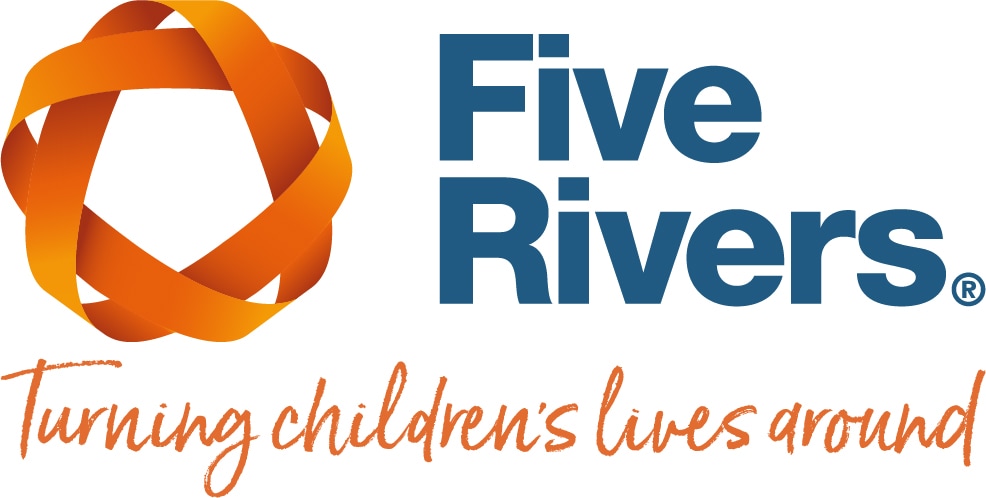What is Long-Term Fostering?
Long-term fostering involves giving a child a stable, nurturing home for an extended period. Unlike short-term foster care, which may last for weeks or months, long-term foster care is a more permanent commitment. Often long-term placements last until the child reaches adulthood or is ready to live independently.
There are many reasons why children enter long-term care. These include parental illness, substance abuse, neglect, domestic violence, or other circumstances that prevent birth parents from providing a safe and stable home for their children.
Long-term fostering gives children a sense of stability and continuity – essential for their emotional and psychological well-being. Placing children in loving and supportive foster families for an extended period promotes healthy development, relationships and educational attainment.
For many Foster Carers, long-term foster care is the most rewarding type of fostering, as it allows them to see a child grow into a young adult. By offering a safe family environment, long-term Foster Carers help children to grow and reach their full potential, ultimately turning their lives around.
How Long is Long-Term Foster Care?
The length of time the child will stay with a Foster Carer may vary. Often this will depend on the specific needs and circumstances of the child and their birth family.
While there isn’t a defined duration for long-term fostering, it generally involves a commitment to provide stable and consistent care for a significant part of the child’s upbringing, often until the young person is ready to live independently.

Benefits of Long-Term Foster Care
How children in care benefit
- By fostering long-term, carers provide children with a sense of stability. Children can adjust to their new home in their own time, building up trust and secure relationships.
- Long-term Foster Carers model healthy relationships to children and young people who may not have experienced this within their own families. This helps young people to replicate healthy relationship dynamics in adulthood.
- Long-term Foster Carers provide young people with an emotional framework with which to process and work through difficulties arising from the trauma they have experienced.
- Long-term fostering can help children and young people to feel genuinely supported over time, and helps them to realise their true potential.
How Foster Carers benefit
- Long-term Foster Carers have the chance to see a child grow into a young adult.
- Foster Carers and their families have extra time to bond with the child in their care. For some carers, the connections built with foster children last a lifetime.
- By building long-term bonds, many Foster Carers will be able to see a real difference in children’s behaviour, confidence, social awareness and academic abilities – ultimately transforming their lives.
- When fostering a child long-term, many carers will find they have increased authority to make decisions about the child’s upbringing.
While you take care of the children in your care, Five Rivers takes care of you. We offer a highly competitive fostering allowance, plus comprehensive training and round-the-clock support.
The Matching Process
Our detailed matching process makes sure that your home, personality and lifestyle are suitable for the child in question and that their needs will be met. This matching process is so important as it helps make sure your foster family are happy in each other’s company.

What is the Difference Between Long-Term Fostering and Adoption?
The most significant differences between long-term fostering and adoption are the legal responsibility and the level of permanence. If you adopt a child, they legally and permanently become your responsibility. With fostering, the local authority and birth parents usually share legal responsibility. Foster Carers assume the day-to-day care for the child or young person but will need to speak with those holding parental responsibility for big decisions such as changing schools.
The levels of assistance available for long-term fostering and adoption also differ, with a higher level of support typically available to Foster Carers. To learn more about the similarities and differences, read our guide: Is fostering the same as adoption?

How Much Do Long-Term Foster Carers Get Paid?
We recognise that looking after a child or young person has financial implications. On top of this, some of our carers choose to give up their jobs to foster. To support our carers, we provide a weekly fostering allowance made up of a professional fee and a living allowance for the child.
Most of our Foster Carers receive approximately £459 per week per child. However, there are some instances where our carers are paid more, for example in the case of specialist fostering, parent and child fostering or respite fostering. Income from parent and child fostering is supplemented by government tax relief schemes. Visit our pay and allowances page to find out more.

Training and Support for Foster Carers
What makes Five Rivers different is the level of support we provide. Alongside our 24/7 specialist support, we offer regular training, including sessions in Attachment and Trauma Informed Care (ATIC™).

When a Child Transitions from Long-Term Foster Care to Independent Living
Once a young person reaches the age of 18, rather than leaving their foster home, they may continue into a Staying Put arrangement, where they will remain with the Foster Carer until they are 21.
If the young person does not enter a Staying Put arrangement, they will be supported into independence. Foster Carers who look after children on a long-term arrangement often find that the relationship they have with the child carries well into adulthood, with family bonds lasting forever.
Support for Care Leavers
We know that some care leavers find the transition from care difficult. This is why we set up Five Rivers Furtures. This scheme is specifically for young people leaving the care of Five Rivers or any of our partner agencies and gives care leavers opportunities they may not otherwise have. Five Rivers Futures offers care leavers support in the areas of wellbeing, finance, housing, employment, and more.
Five Rivers Futures is funded by our social enterprise reinvestments. Find out more about our social enterprise status.
Find out more
Register your interest to learn more about long-term fostering, and find out if it could be right for you.
